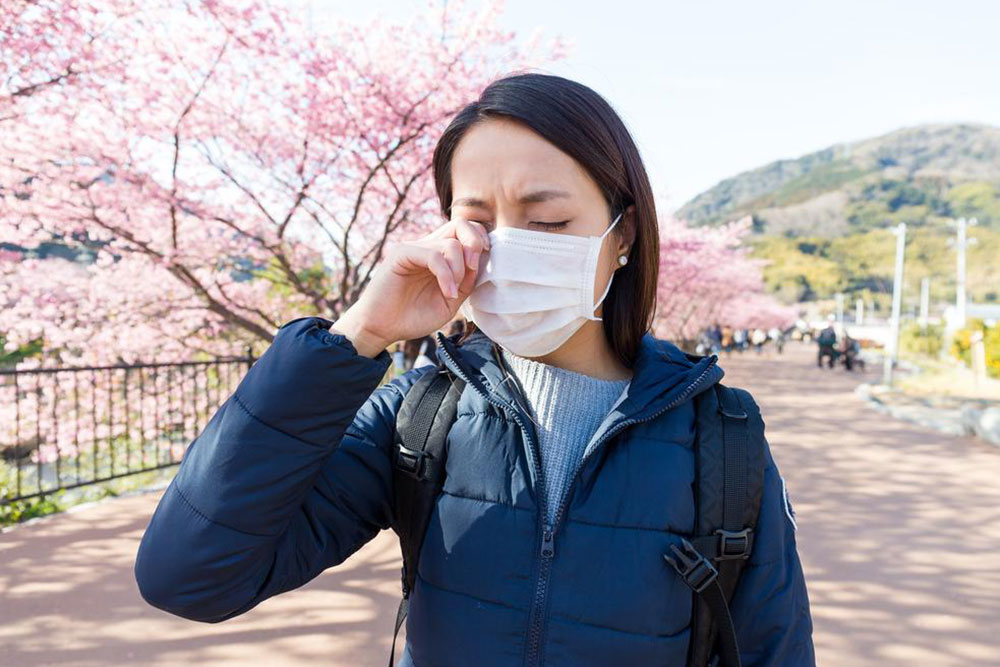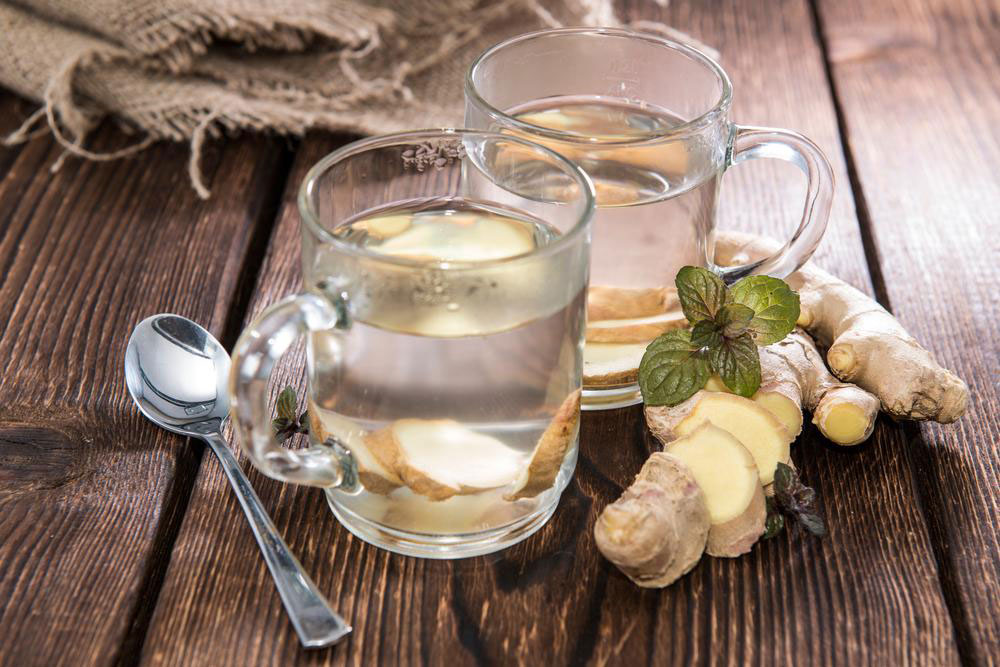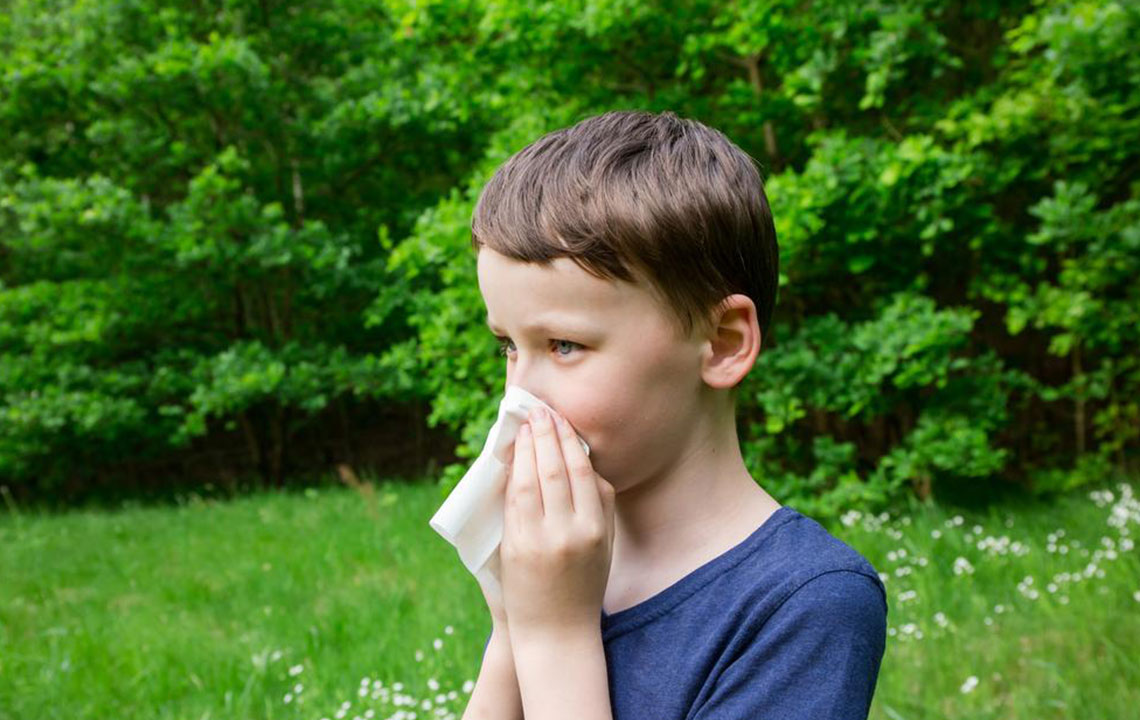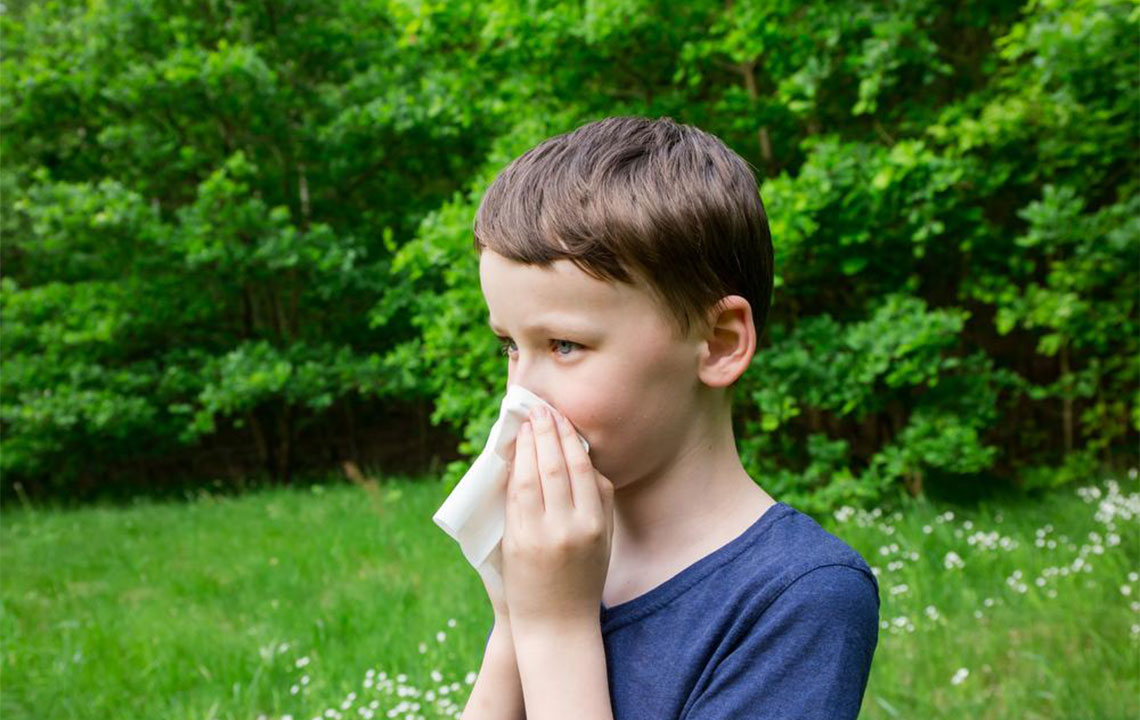Comprehensive Natural Approaches to Effectively Reduce Pollen Allergy Symptoms
Discover a comprehensive guide to naturally managing pollen allergy symptoms through dietary supplements, herbal remedies, lifestyle tips, and alternative therapies. These holistic strategies provide effective relief, reduce reliance on medications, and improve overall well-being during allergy seasons. Incorporate proven methods like fish oil, butterbur, healthy foods, acupuncture, and environmental adjustments for a healthier, allergy-free life.

Pollen allergies are a prevalent health concern that can significantly impact daily life, causing discomfort, sneezing, nasal congestion, itchy eyes, and other allergic reactions. While conventional medications like antihistamines and nasal sprays provide relief, many individuals seek natural and holistic methods to manage their symptoms with fewer side effects and long-term benefits. Although controlling airborne pollen levels directly is challenging, adopting lifestyle changes and natural remedies can substantially alleviate allergy symptoms and enhance overall well-being.
This comprehensive guide explores various natural strategies and remedies to help reduce pollen allergy impacts. From dietary adjustments to alternative therapies, these approaches are supported by scientific studies and traditional practices. Incorporating these methods into daily routines can empower allergy sufferers to take control of their health condition and enjoy a more comfortable life during peak pollen seasons.
Understanding Pollen Allergies and Their Impact
Pollen allergies, also known as hay fever or allergic rhinitis, are immune system reactions triggered by pollen from trees, grasses, and weeds. When sensitive individuals encounter pollen particles, their immune system mistakenly identifies them as harmful invaders, leading to the release of chemicals like histamine. This immune response results in classic allergy symptoms such as sneezing, nasal congestion, itchy or watery eyes, sore throat, and fatigue.
The severity of pollen allergies can vary based on individual sensitivity, pollen concentration in the air, and environmental factors. During peak pollen seasons, symptoms often intensify, affecting productivity, sleep quality, and overall health. While medications can manage these symptoms temporarily, many seek alternative or complementary treatments to minimize reliance on pharmaceuticals.
Limitations of Conventional Treatments and the Need for Natural Alternatives
Standard allergy treatments, including antihistamines, decongestants, and corticosteroids, are effective for many but may also cause undesirable side effects such as drowsiness, dry mouth, or rebound congestion. Long-term use of certain medications might lead to tolerance or reduced efficacy. Moreover, some individuals prefer natural remedies due to personal health beliefs, existing health conditions, or susceptibility to medication side effects.
Natural approaches not only aim to reduce allergy symptoms but also support the immune system, decrease inflammation, and promote overall health. Combining these with conventional methods under medical supervision can offer comprehensive allergy management.
Herbal and Dietary Remedies for Pollen Allergy Relief
Many herbs and dietary supplements have demonstrated potential to alleviate allergy symptoms or mitigate their severity. Incorporating these into daily routines can provide safer, sustainable relief without the risk of adverse effects typical of some medications.
1. Fish Oil Supplements
Rich in omega-3 fatty acids, fish oil supplements possess potent anti-inflammatory properties. Regular intake has been shown to reduce leukotrienes—chemical mediators involved in allergic inflammation—resulting in decreased nasal congestion, sneezing, and other allergy-related symptoms. Incorporating high-quality fish oil capsules into your diet can support immune health and help diminish allergic reactions.
2. Butterbur Extract
Butterbur (Petasites hybridus) is an herbal remedy used traditionally for hay fever and migrain relief. Studies indicate that butterbur can effectively reduce nasal inflammation, sneezing, and itchy eyes associated with pollen allergies. Moreover, it has minimal sedative effects compared to some antihistamines, making it suitable for daytime use. Always choose standardized extracts to ensure safety and potency.
3. Nut and Fruit Combinations: Apples and Walnuts
Eating nutrient-rich foods can bolster the immune system naturally. Walnuts are packed with magnesium and vitamin E, both of which support immune defenses and reduce inflammation. Apples contain quercetin, a plant flavonoid recognized for its natural antihistamine properties. Quercetin can inhibit the production of histamine, thereby limiting allergy symptoms. Including these in your daily diet can help manage allergic reactions and promote overall health.
4. Acupuncture
This traditional Chinese medicine technique involves inserting fine needles into specific points on the body. Clinical studies suggest acupuncture may reduce allergy symptoms by calming inflammation and modulating immune responses. Regular sessions could decrease reliance on antihistamines, improve quality of life, and provide a holistic approach to allergy management. Always seek licensed practitioners for safe and effective treatment.
5. Incorporating Turmeric into Your Diet
Turmeric's active compound, curcumin, is renowned for its anti-inflammatory, antioxidant, and immune-boosting properties. It acts as a natural decongestant, helping to clear nasal passages and reduce sinus inflammation. Adding turmeric to meals or consuming it as a supplement can support immune health and lessen allergy severity. Combining turmeric with black pepper enhances its absorption, maximizing benefits.
Environmental and Lifestyle Adjustments to Minimize Exposure
While dietary and herbal remedies are valuable, lifestyle modifications can further reduce pollen allergy symptoms:
Time outdoor activities strategically: Plan exercise and outdoor outings during late afternoon or evening when pollen counts are typically lower. Avoid early morning hours when pollen levels peak.
Monitor local pollen forecasts: Stay informed about daily pollen levels through weather apps or local weather services to adjust outdoor plans accordingly.
Use protective measures: Wearing sunglasses, hats, and masks can reduce pollen contact with eyes and respiratory pathways.
Maintain a clean indoor environment: Regularly clean houseplants, wash bedding in hot water, and use high-efficiency particulate air (HEPA) filters to reduce indoor pollen and dust.
Keep windows closed during high pollen seasons: Limit outdoor pollen infiltration indoors by sealing windows and doors.
Personal hygiene: Shower and change clothes after outdoor activities to remove pollen particles from skin and hair.
Conclusion: Embracing a Holistic Approach for Pollen Allergy Management
Managing pollen allergies effectively requires a combination of natural remedies, lifestyle changes, and medical guidance. By integrating dietary supplements such as fish oil, herbal extracts like butterbur, nutrient-dense foods, and alternative therapies like acupuncture, sufferers can experience meaningful relief. Environmental modifications further enhance control over exposure and symptoms.
Empowering oneself with knowledge and proactive strategies can lead to a significant reduction in allergy discomfort, improving quality of life during pollen season. Always consult healthcare professionals before starting new supplements or therapies to ensure they are appropriate for your individual health needs.





